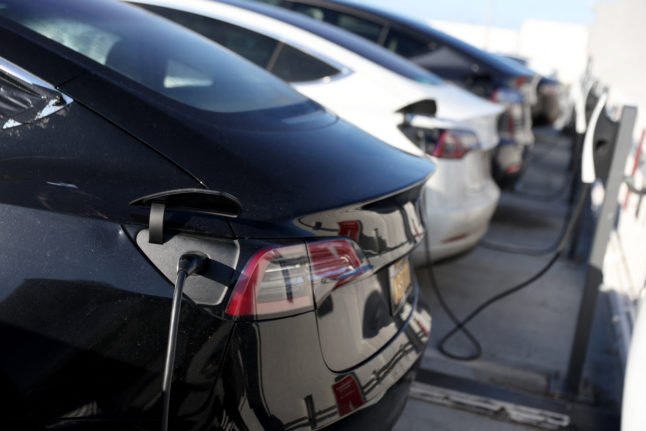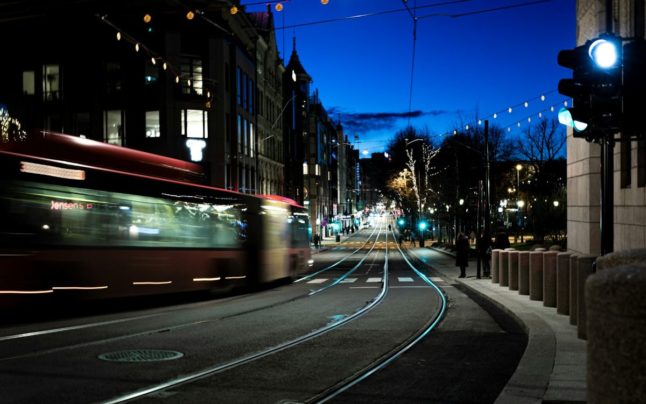Tax and toll deductions for electric cars could soon be scrapped or reduced in Norway’s larger cities as the country’s transport ministry is concerned public transport is losing out to low-emissions vehicles.
Minister of Transport Jon-Ivar Nygård told broadcaster NRK on Tuesday that discounts for electric cars could be withdrawn.
A law previously passed by parliament holds that electric cars should never incur more than 50 percent of the tax applied to petrol and diesel equivalents.
But reduced public transport revenues related to higher electric car use, as well as lower intakes from tolls around Oslo because the rate paid by electric cars is lower, are causing the government to rethink, NRK reports.
The loss in traffic revenues from tolls makes it harder to invest in infrastructure projects, while poorly performing public transport could result in cutbacks, the minister said according to NRK.
“We have seen a trend, especially during the pandemic, that car traffic has returned,” Nygård said to the broadcaster.
“It’s great that people use electric cars. But we are not well served by people get into their cars and drive into busy city areas instead of walking, bicycling or taking public transport,” he also said.
A final decision on the matter is yet to be taken, the minister said.
Norway’s owners’ association for electric cars, Elbilforeningen, said it opposed cutting discounts for green vehicles.
“(The government) is now considering throwing climate politics under the bus. We must remember that over 80 percent of cars in Norway still run on fossil fuels,” the organisation’s general secretary Christina Bu told NRK.
“We know that the toll (discounts) are one of the most important reasons for people choosing electric cars,” she said.



 Please whitelist us to continue reading.
Please whitelist us to continue reading.
Member comments